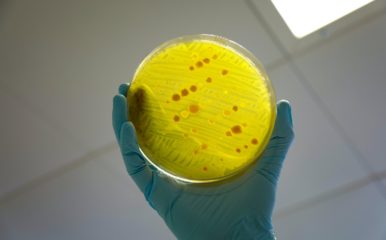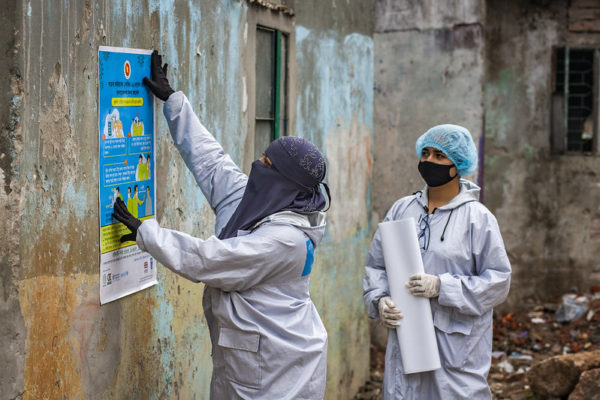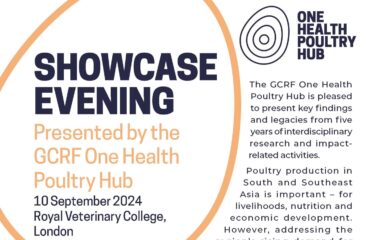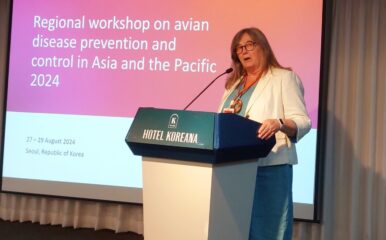
Lessons from COVID-19 to help government and the poultry industry prepare for Bangladesh’s ‘next shock’
Published on 23/02/2022

UN Women/Fahad Abdullah Kaizer CC By 2.0
The first of three meetings to present findings from the One Health Poultry Hub research in Bangladesh and promote discussion with policymakers and industry leaders will be held on Sunday 27 February in Dhaka.
The meeting, entitled ‘COVID-19: impact and options for strengthening poultry sector resilience and rebuilding consumer confidence’, will bring Hub researchers together with representatives of the Government of Bangladesh and a range of stakeholders involved in the production and distribution of poultry in Bangladesh as well as consumer representatives.
Presentations will cover:
- ‘Impact of COVID-19 pandemic on poultry production and distribution networks (PDNs)’,
- ‘COVID-19 pandemic impact on chicken and egg consumers’, and
- ‘Impact of COVID-19 misinformation on poultry production and consumption’.
A briefing outlining the research and offering key recommendations coming from the research findings will be available.
Professor Md. Ahasanal Hoque, National Coordinator for the Poultry Hub in Bangladesh, said:
The COVID-19 pandemic and associated public health responses have affected lives and livelihoods in Bangladesh, including the poultry industry. An imperative for the Government of Bangladesh is preventing an economic and health emergency from also becoming a food and nutrition security emergency.
Our event aims to identify the ‘hot themes’ where the COVID-19 pandemic has effects or potential effects on poultry and the people responsible for them across key production systems. It is vital that key lessons are learnt to ensure that the Government and the poultry industry are better prepared to deal with the next shock.
A main objective of the event is to agree key challenges, lessons learnt and options for addressing the issues identified, as well as to identify appropriate public and private sector policy responses and avenues to achieve policy change.
The event is being organised by Hub partner Chattogram Veterinary and Animal Sciences University together with the other national institutes in the Hub, the Institute of Epidemiology, Disease Control and Research and the Bangladesh Livestock Research Institute, as well as the Department of Livestock Services, Bangladesh. Hub partner the Global Health Programme at Chatham House is also involved.
The next in this series of stakeholder meetings, to be held on 13 March, will be entitled ‘Poultry value chains: what weaknesses have been identified, what can be improved?’
It will share the results of value chain risk assessments for both dressed and processed poultry value chain assessment survey; discuss the elements of the different value chains, including their strengths and weaknesses, gender profiles, threats and opportunities, and pathway for establishing a national poultry policy forum; and discuss how to operationalise opportunities for gender-responsive policy formulation and implementation guidelines in the poultry sector.
The third in the meeting series will be on ‘Antimicrobial utilisation and resistance’.


